
5 Signs It’s Time to Replace Your Water Heater
As a homeowner, your water heater is one of the most essential appliances, providing hot water for showers, dishes, and laundry. However, like all appliances, it has a limited lifespan. Recognizing the signs that your tank or tankless water heater is nearing the end of its life can save you from the inconvenience of unexpected cold showers and potentially expensive water damage. Here are five signs that it might be time to replace your water heater, and why calling Clarke & Rush for a water heater inspection is a smart move.
1. Age of the Water Heater
The average lifespan of a water heater is typically between 8 to 12 years, but this can vary depending on several factors, including the model, usage, maintenance history, and water quality in your area. As water heaters age, they become less efficient due to sediment build-up, corrosion, and wear on internal components. An older water heater not only runs the risk of failing unexpectedly but also operates less efficiently, increasing your energy costs. It’s advisable to monitor the age of your water heater and consider preemptive replacement if it’s within this age range to avoid the inconvenience of sudden failures and to take advantage of newer, more energy-efficient models. Regular maintenance can extend its life, but aging units inherently have a higher risk of malfunctioning.
2. Rusty Water
Rusty water coming from your hot water taps can indicate corrosion inside your water heater tank or in the pipes. Corrosion often leads to the deterioration of the inner lining, which can result in leaks or a complete tank failure over time. If rusty water is observed only when using hot water, it’s a strong indication that the water heater is the source of the problem. This issue can be exacerbated by hard water and the presence of oxygen and bacteria within the tank, which accelerates the corrosion process. To protect your home’s water quality and prevent potential leaks, it’s essential to address signs of rust early, considering either tank cleaning, anode rod replacement, or a complete water heater replacement.
3. Water Heater Noise and Rumbling
Sediment build-up is a common issue in water heaters, especially in areas with hard water. Over time, minerals from the water accumulate at the bottom of the tank and harden, which can lead to noises such as banging, rumbling, or popping as the water heater operates. These sounds occur as the water beneath the sediment layer boils and steam bubbles struggle to escape through the sediment layer. Not only does this reduce the efficiency of your water heater, requiring more gas or electricity to heat the same amount of water, but it also increases the stress on the tank, leading to premature wear and potential leaks. Flushing the tank annually can help mitigate sediment build-up, but persistent noise might indicate irreversible damage, signaling that replacement is necessary.
4. Water Heater Leaks
Water puddles around the water heater are a direct indication of a leak. Leaks can originate from several sources, including the tank itself, loose inlet or outlet connections, or the temperature and pressure relief valve. Factors like corrosion, faulty installation, or excessive pressure can cause the tank to leak. Even small leaks can quickly escalate, causing significant water damage to your home. Promptly addressing leaks can prevent further damage, but if the tank is compromised, replacement is often the most practical solution. Regular inspections can help identify potential weak points before they result in leaks.
5. Inconsistent Heating
Experiencing fluctuations in water temperature or running out of hot water too quickly can indicate a failing water heater. This inconsistency can be due to a variety of issues, such as a malfunctioning thermostat, a broken heating element, or sediment build-up insulating the water from the heat source. These problems not only make for an uncomfortable experience but also force the unit to work harder, leading to higher energy consumption and costs. In electric water heaters, elements can often be replaced, but if the problem persists or the unit is aging, a full replacement may be more cost-effective. Regular maintenance checks can identify and rectify these issues early, ensuring consistent hot water supply and optimized energy usage.
By recognizing these signs and responding proactively, homeowners can avoid the inconvenience of sudden water heater failures and enjoy the benefits of a reliable, efficient hot water system. Calling a professional like Clarke & Rush for an inspection can help determine the best course of action, whether it’s repair or replacement, to ensure your home’s hot water needs are met efficiently and effectively.
Why Call Clarke & Rush for a Water Heater Inspection?
When you notice any of these signs, it’s crucial to get a professional inspection to determine the health of your water heater. Clarke & Rush offers comprehensive water heater inspections to assess the condition of your unit. Our experienced technicians can help you understand whether a water heater repair can extend the life of your water heater or if replacement is the most cost-effective solution. With our expertise, you can ensure that your water heater is safe, efficient, and reliable.
Replacing your water heater before it fails not only saves you from the inconvenience of cold showers and potential water damage but also offers the opportunity to upgrade to a more energy-efficient model, reducing your utility bills and environmental footprint. Clarke & Rush is committed to helping you find the best water heater solution for your home, providing professional installation and exceptional customer service.
Don’t wait for a complete failure. If you recognize any of these signs, call Clarke & Rush today for a water heater inspection. Our team is here to ensure you have reliable access to hot water for years to come.
Other Blogs You May Be Interested In
Categories
- About Clarke & Rush (1)
- AC Replacement (8)
- AC unit Maintenance (10)
- Boilers (1)
- Commercial HVAC (3)
- Commercial Plumbing (2)
- Furnace (3)
- Furnace Maintenance (2)
- Furnace Repair (4)
- Green Homes (3)
- Gutter Repair (1)
- Gutter Replacement (5)
- Heat Pump (1)
- Home Energy Tips (2)
- Home Improvement (6)
- HVAC (17)
- HVAC Replacement (7)
- Insulation (2)
- Kitchen Plumbing (1)
- Plumbing (2)
- Plumbing Problems (8)
- Reducing Energy Costs (6)
- Repiping Services (3)
- Residential HVAC (45)
- Residential Insulation (4)
- Residential Plumbing (33)
- Residential Windows (6)
- Sewer Line (2)
- Uncategorized (10)
- Water Heaters (4)
- Water Line Repair (1)
- Water Treatment (1)
- Window Installation (8)
- Window Instllation (1)
- Window Replacement (7)
- Windows (8)


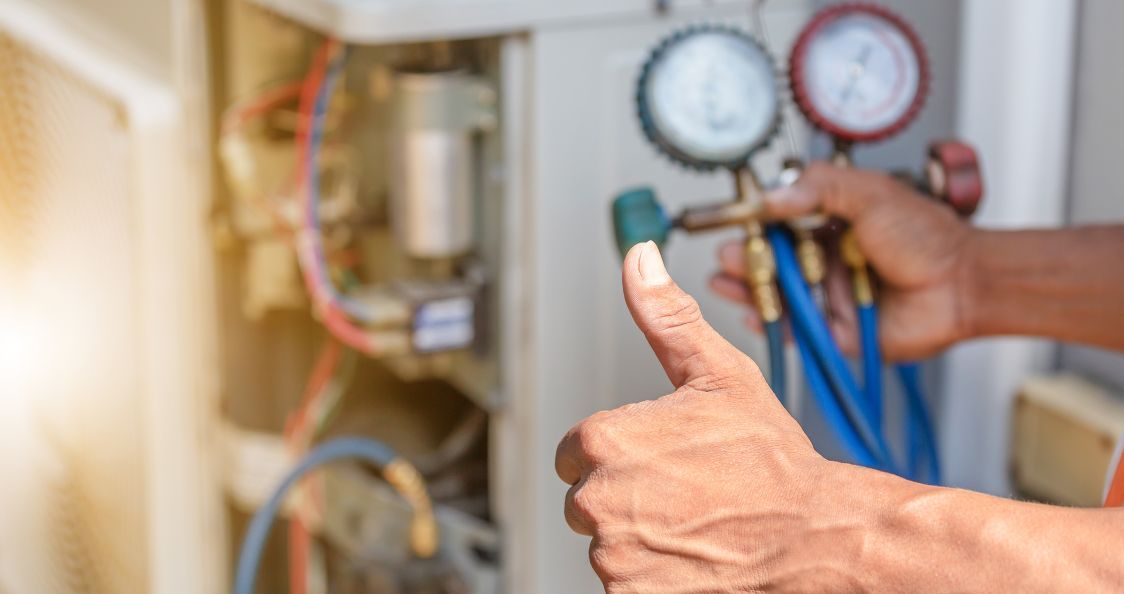
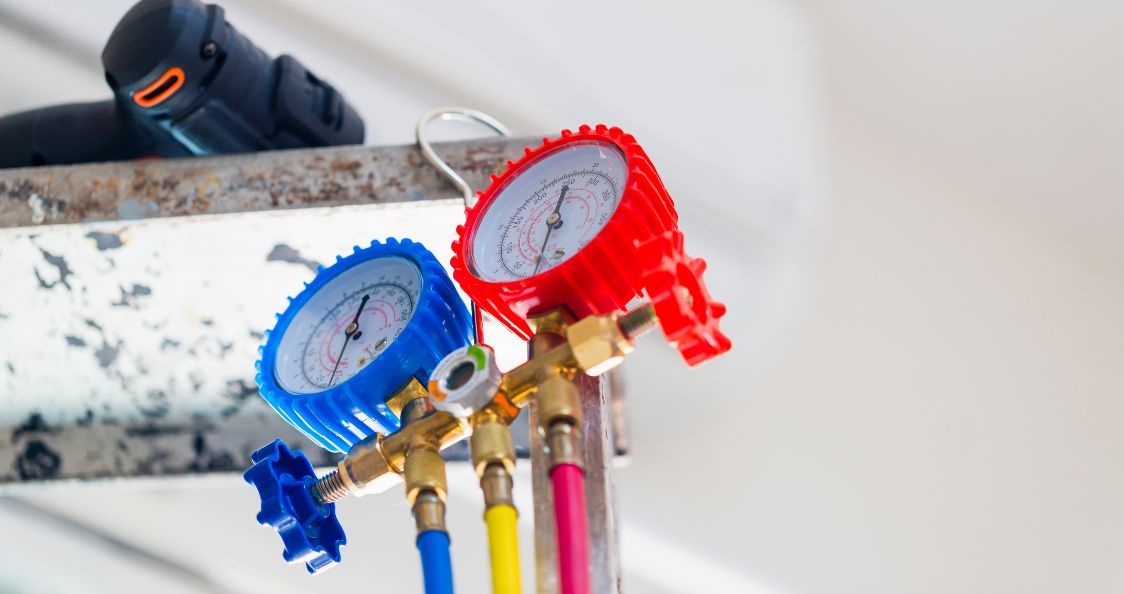

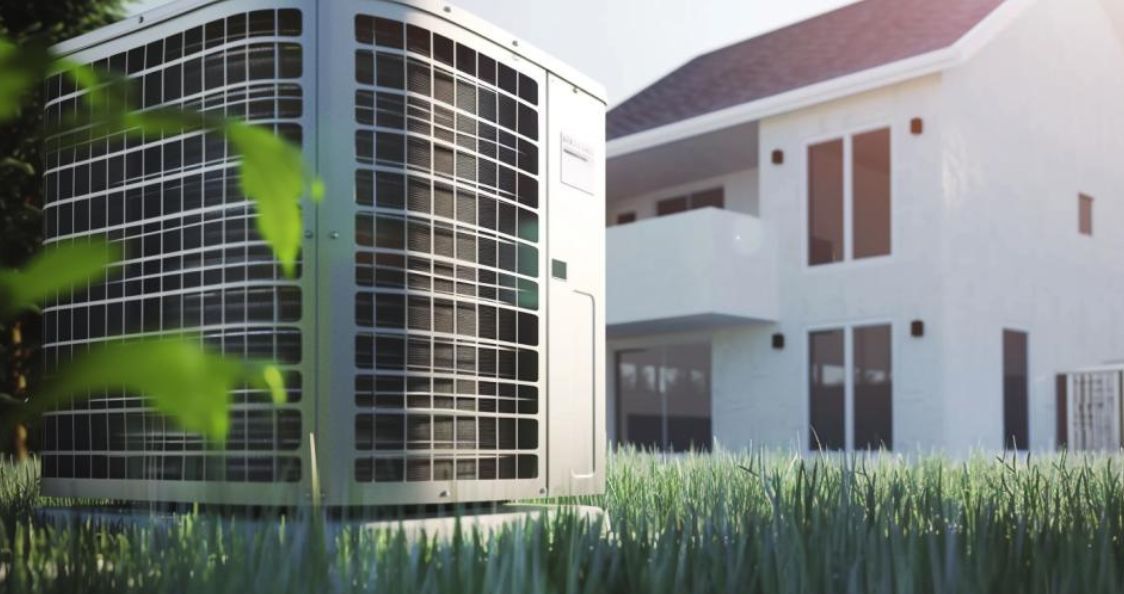
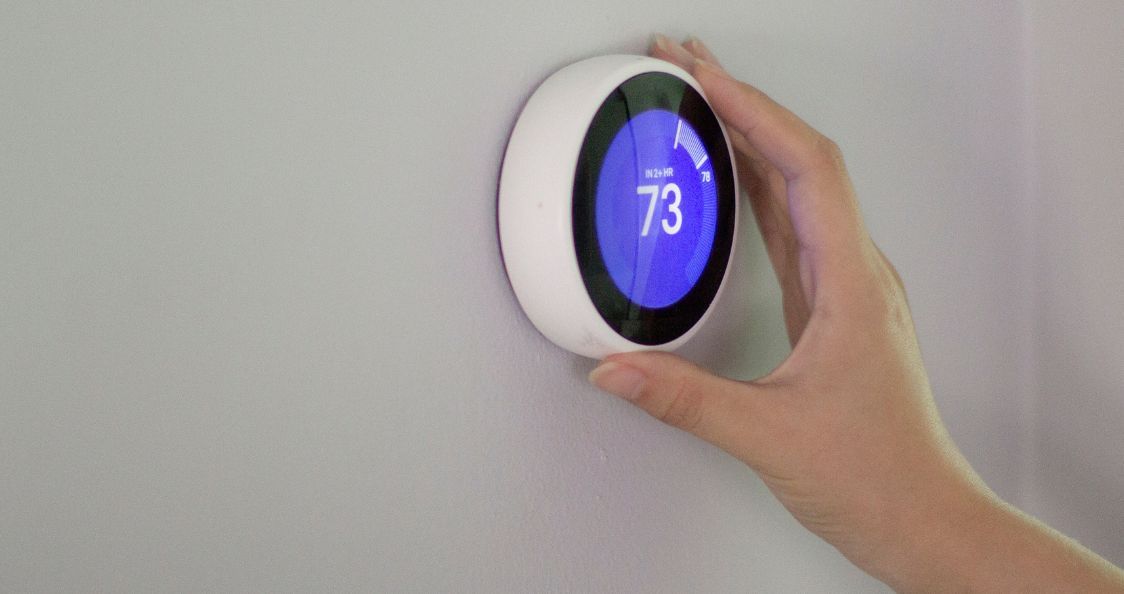
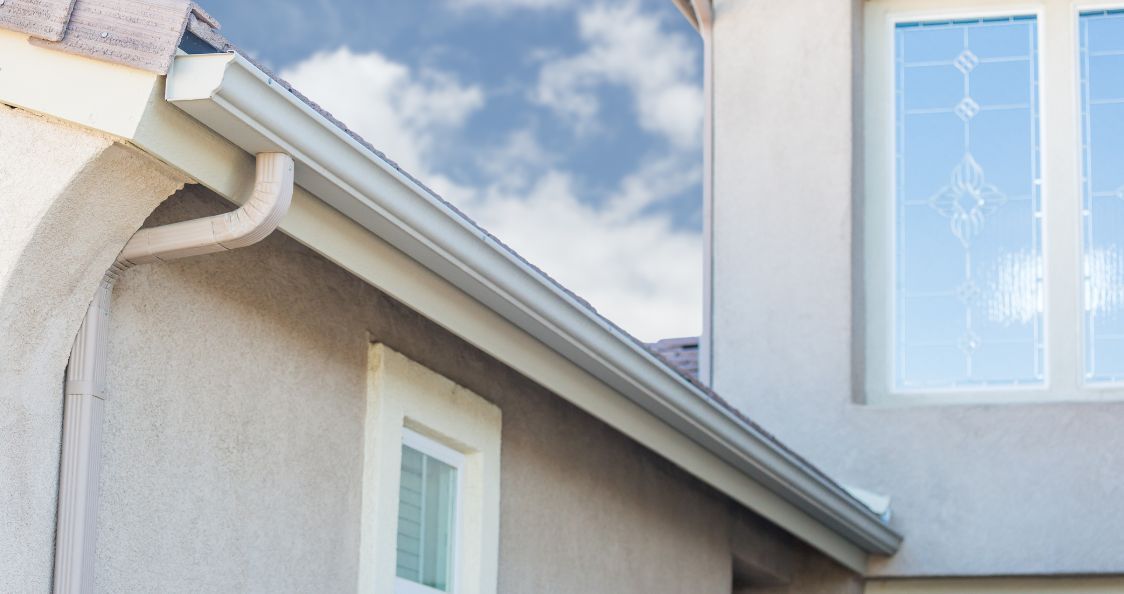

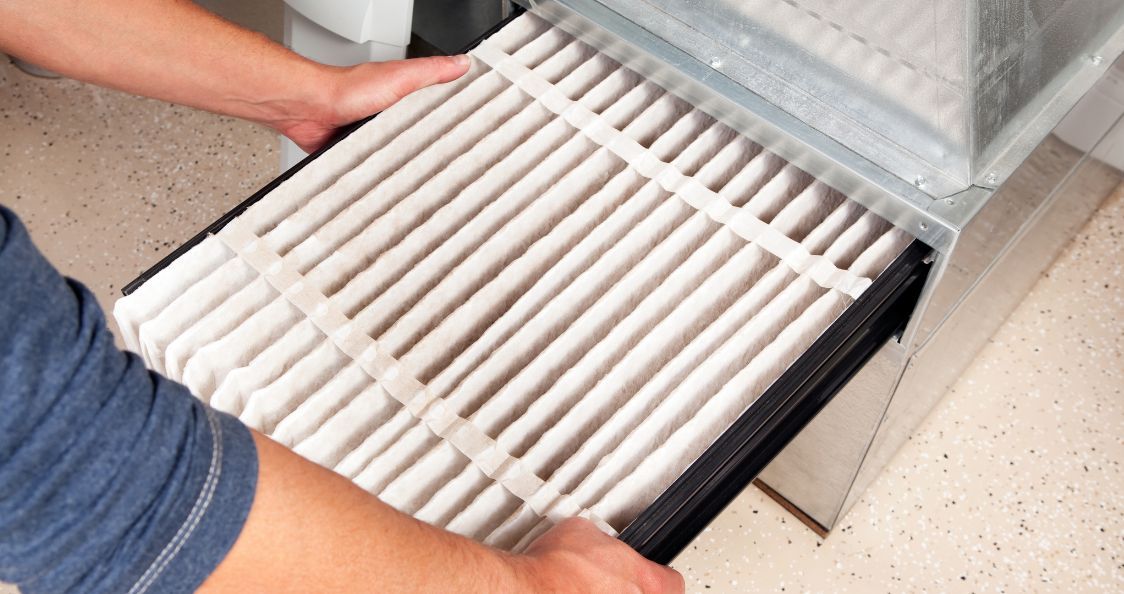
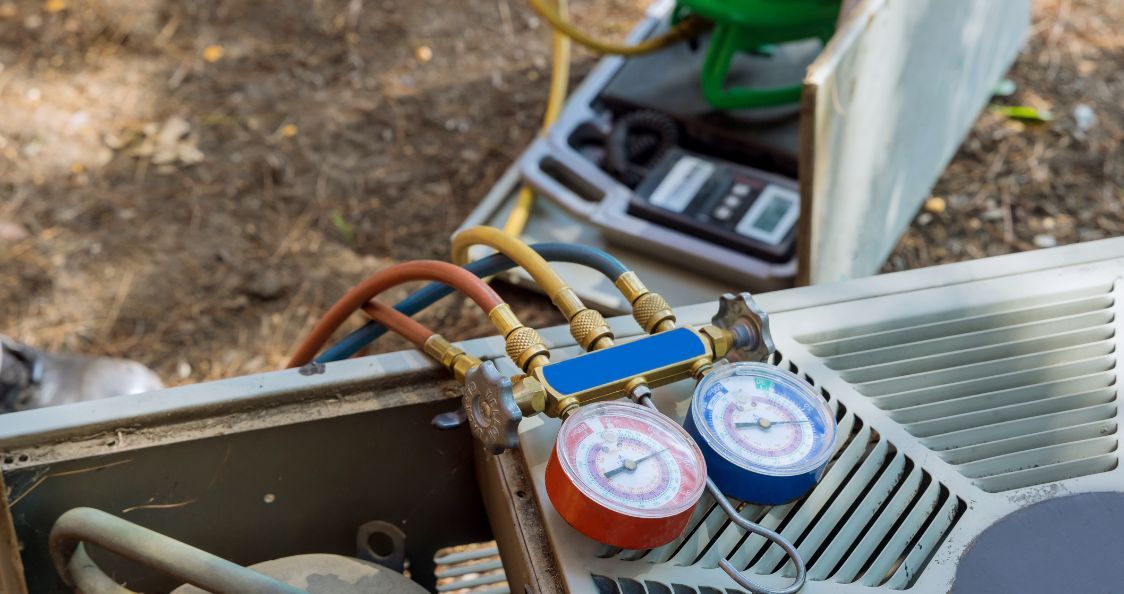

Leave a Reply